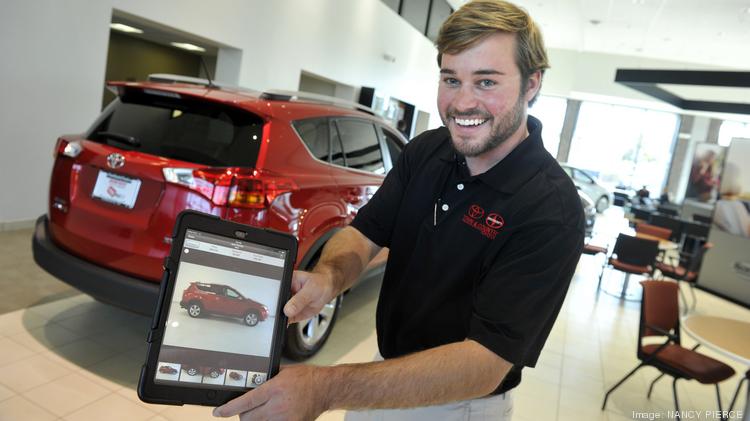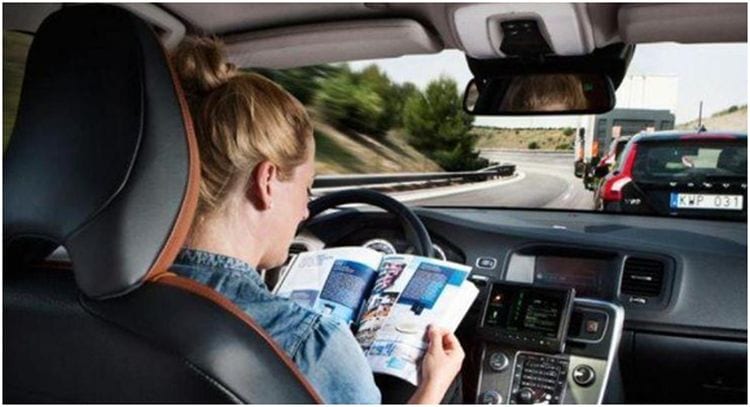Maintaining an edge in business has always meant being able to anticipate and adapt to market shifts before they happen. Catching and riding emerging trends before they go mainstream requires business leaders to read economic indicators and consumer needs carefully. But for those who are able to understand the underlying forces driving industry-wide change, seeing the next big thing before it arrives can pay huge dividends.
In 2019, few industries offer the same promise of growth and development as the automotive sector. New technological breakthroughs are fundamentally re-writing the rules about everything from production to sales to driving experience, and far-sighted investors are paying close attention to the seismic upheavals happening in one of North America’s most essential industries.
If you want to stay abreast of these rapid developments, here are five key ways technology is changing the business of selling cars.
1. More Empowered Consumers
Probably the most significant way technology has altered the traditional car-sales model is by providing consumers with more information and more alternatives. The Internet, social media, and digital marketplaces are all playing a role in guiding customer’s shopping journeys, and according to one study, 75% of all car buyers used online research and social media to make their purchasing decision.
2. Sophisticated E-Commerce Options
When most people think about buying a car, they probably still picture a visit to a dealership lot. But that could be changing thanks to improvements in e-commerce technology. Websites like KijijiAutos.ca are providing shoppers with an alternative to the dealership model, one that allows them to search for new vehicles, compare prices, and make their purchase all from the comfort of their own home.
3. Dealership Sales Tools
In order to stay competitive in this new world, car dealerships are harnessing technology to grow their customer base. One of the most popular tools has been dealership live chat, which allows car dealerships to turn their websites into digital showrooms where they can reach out to customers browsing their inventory in real time.
4. Self-Driving Cars
While self-driving cars are not themselves a sales tool, many experts have suggested that the rise of self-driving cars could have a fundamental impact on how the automotive industry functions. If sophisticated, reliable, and safe self-driving technology becomes available, it is possible that the private market for personal vehicles will evolve into a more service-oriented one in which cars are only hired for short-term trips.
These developments are set to have a serious impact on the future of the entire automotive industry. As more channels for vehicle sales open up, it is likely that competition will drive down costs and increase pricing transparency, even as vehicle shopping becomes a more intuitive and straightforward experience for ordinary customers.
Businesses already active in the automotive sector that want to remain competitive will need to respond proactively to these market shifts if they want to continue to appeal to customers. As in so many other areas of the 21st century economy, as technology hands more power to the consumer, businesses need to adapt to customer needs or face growing irrelevance.



